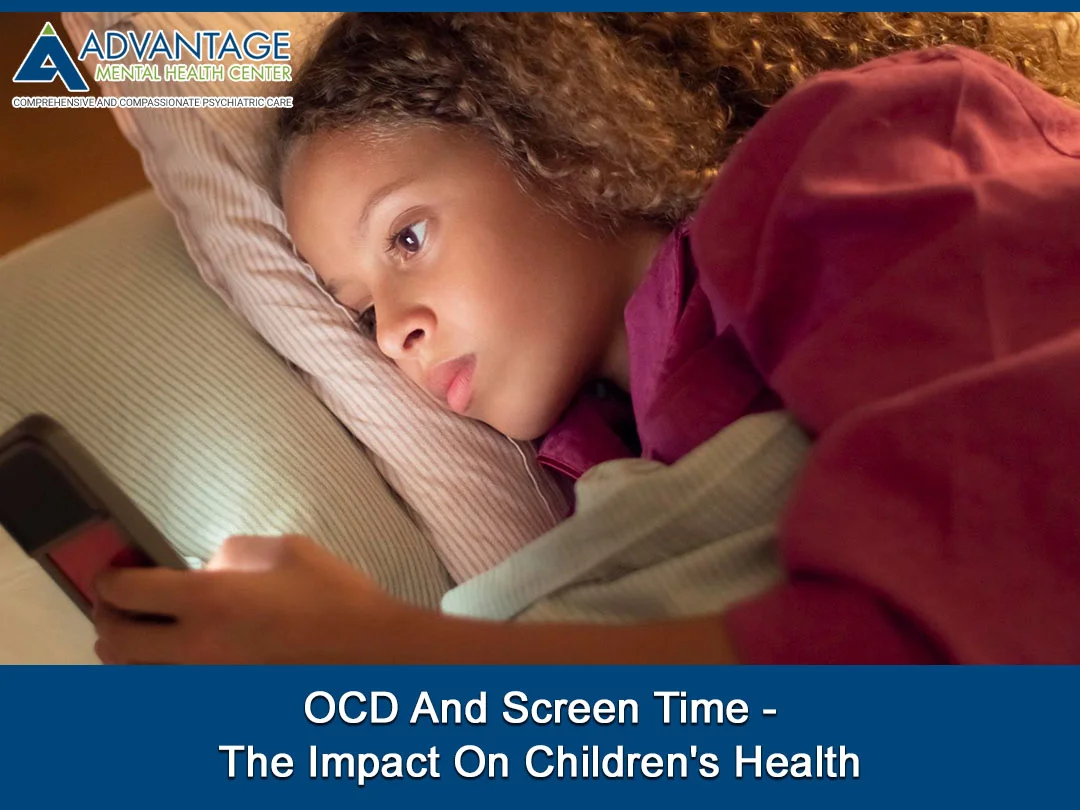There are many studies on the impact of screen time and media on children’s health, including their mental health. It has been linked to mental health conditions such as OCD or obsessive-compulsive disorder. OCD in children can be challenging for the person living with the condition in Clearwater, as well as their parents and others around them. While OCD is often characterized by obsessive and compulsive actions, people living with this mental health condition often struggle with unwanted and intrusive thoughts too.
The Links Between Screen Time and OCD in Children
Spending hours each day playing games, watching movies, or making video calls can have a significant impact on the mental health of children. Studies involving pre-teens suggested that there was a much higher chance of developing obsessive-compulsive disorder if they spent more time playing games and watching videos. Younger children may be more sensitive to the impacts of screen time and become more likely to develop OCD in later life.
During the pandemic, when many children had to stay home, many households experienced higher levels of stress and a greater risk of mental health conditions. Many children were unable to go to school, causing them and their parents to rely heavily on other forms of education, including computer games, apps, and videos.
Children may develop obsessive-compulsive disorder linked to screen time because they grow up with the urge to continue playing games or watching videos. As algorithms improve, they are suggesting more and more relevant videos for viewers, including children, to watch.
What Can Help to Improve OCD in Children?
There are various steps you can take to support children in managing and improving obsessive-compulsive disorder. There are also preventative steps that can be taken before it gets to the point where a child has developed OCD.
Limiting screen time: If you are concerned that your child is engaging in too much screen time, consider putting a plan in place to limit this. If they are currently spending four hours a day looking at a computer, gradually limit this to three hours at first, and then cut it down further to two hours or one hour. Consider eliminating screen time one or two hours before bedtime to help them create healthy habits around their routines. Involve your child in other activities, such as sports or music, instead of screen time.
Therapy: Therapies, such as Cognitive Behavioural Therapy (CBT), can help your child to manage the obsessive-compulsive disorder and get the support that they need. This is often considered to be the first line of treatment for children struggling with symptoms of OCD. Find a therapist nearby who your child feels comfortable to speak with and share their concerns about living with OCD.
Family support: As well as professional support where it is needed, family support and the support of peers and teachers can drastically help to improve OCD in children. Living with the symptoms and impacts of obsessive-compulsive disorder can be difficult at any age, and it can become more challenging for teenagers and young people who are trying to figure out their own selves at an early age.
Finding Support for OCD in Children
Families in Clearwater can find the professional support they need to help improve the symptoms of obsessive-compulsive disorder in children. The ability to regularly speak to someone who has experience and expertise in OCD and its impacts on children can help your child and the whole family feel supported and guided through a challenging time. You can visit Advantage Mental Health Center to find out more.
Picture Credit: Freepik


